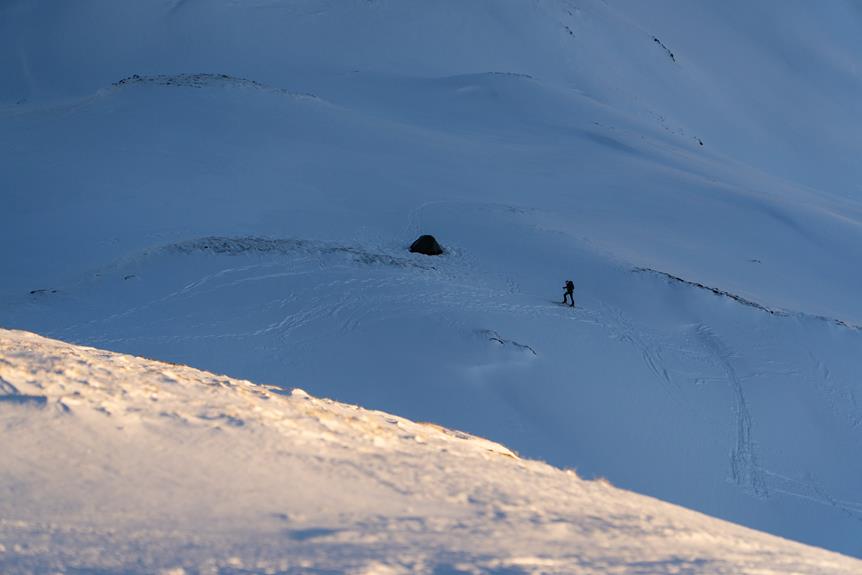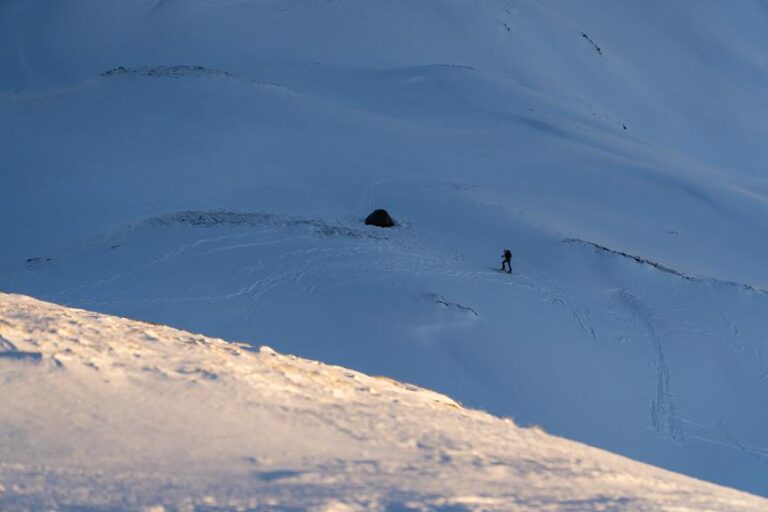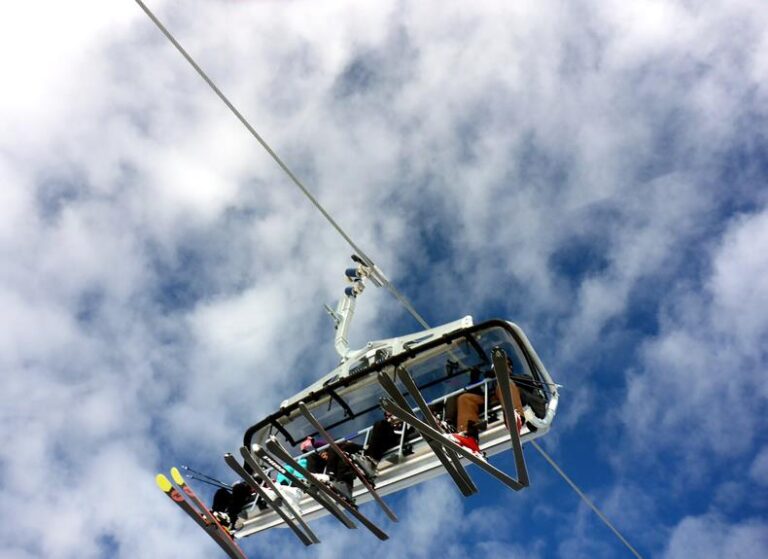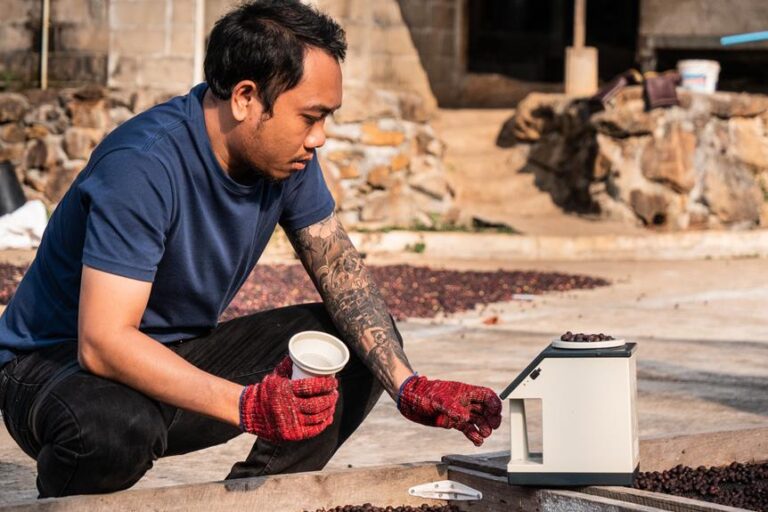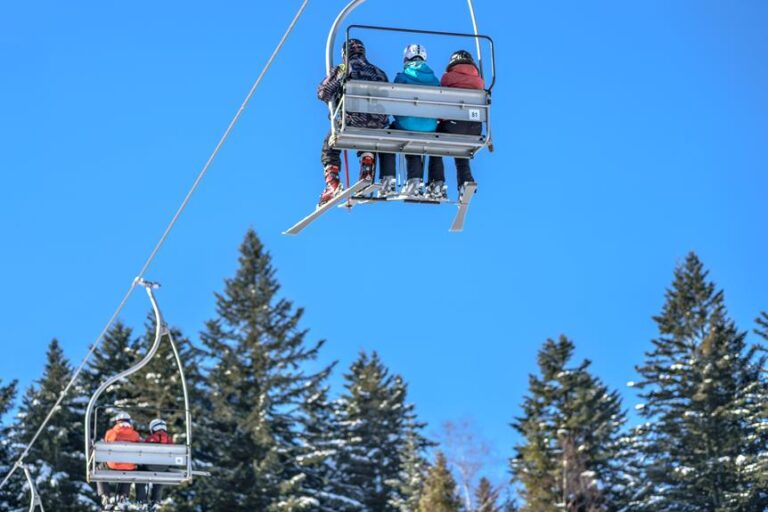How Hard Is It to Ski – Top Secrets Revealed
Imagine yourself standing at the top of a mountain, gazing down at the snowy slopes that stretch out before you like a blank canvas.
Embarking on a journey to learn how to ski can feel like stepping into a world of unknown challenges and exhilarating possibilities.
But just how hard is it to glide gracefully down those slopes, defying gravity with each turn?
Well, my friend, let's unravel the mysteries of skiing together and discover the answer that lies beneath the surface.
Factors Affecting Skiing Difficulty
What factors make skiing more difficult?
When learning to ski for the first time, there are various factors that can affect the level of difficulty. One of the most important factors is the quality of ski lessons and the expertise of ski instructors. Taking private lessons or enrolling in a ski school at a reputable ski resort can greatly enhance your learning experience. Ski instructors can teach you good technique, which is essential for skiing safely and efficiently.
Another factor that affects skiing difficulty is your level of fitness. Skiing requires strength, balance, and endurance, so being in good physical shape can make the learning process easier. It's important to consider your fitness level before hitting the slopes.
The terrain and weather conditions also play a significant role in the difficulty of skiing. Steep slopes and challenging snow conditions can make skiing more difficult, especially for beginners. It's important to choose ski resorts with slopes suitable for your skill level and to be aware of the weather conditions before heading out.
Tips for Improving Skiing Skills
To improve your skiing skills, focus on proper body positioning and balance. This is crucial for maintaining control and stability on the slopes.
One of the best ways to enhance these skills is by taking ski lessons from a qualified ski instructor. They can provide valuable guidance and teach you the correct techniques for turning and stopping.
Start on the bunny hill or a gentle slope to practice these skills in a controlled environment. As you gain confidence and proficiency, gradually progress to more challenging terrain. This will help build resilience and adaptability, making you a more versatile skier.
Additionally, regularly assess and adjust your skiing equipment to ensure optimal performance and safety.
Remember to always challenge yourself and try new things. Pushing your limits and stepping out of your comfort zone is key to improving your skiing skills. So, don't be afraid to explore different ski resorts and slopes, and don't hesitate to seek professional instruction and personalized coaching.
Learning to Ski as an Adult
Learning to ski as an adult can be a challenging yet rewarding journey. It's never too late to start, and with the right mindset and preparation, you'll be gliding down the slopes in no time. Here are some important things to keep in mind as you embark on this exciting adventure:
- Take lessons from a qualified ski instructor: A Ski Instructor will teach you the proper techniques and help you build a solid foundation from the start.
- Start on beginner slopes: It's essential to start on gentle slopes and gradually progress to more challenging terrain. This allows you to build confidence and improve your skills over time.
- Practice regularly: Like any new skill, learning to ski requires practice. Make sure to set aside time to practice each week, even if it's just a few hours.
- Invest in good equipment and safety gear: Having the right equipment, such as well-fitting boots and properly waxed skis, is crucial for a comfortable and enjoyable experience. Additionally, don't forget to wear a helmet and other safety gear to protect yourself while skiing.
Skiing Vs. Snowboarding for Beginners
If you're a beginner, deciding between skiing and snowboarding can be a difficult choice. Both sports have their own challenges, but skiing may have a steeper learning curve initially. Let's compare skiing and snowboarding for beginners:
| Skiing | Snowboarding |
|---|---|
| Requires two separate skis and poles | Uses a single snowboard with bindings securing the boots |
| Requires strong legs and thighs | Requires more core strength for turning and balance |
| Offers more flexibility in choosing different types of terrain | May find it easier to navigate through deep snow |
| Has a higher risk of knee injuries | Has a higher risk of wrist injuries |
Skiing involves using ski boots, which can be more comfortable and provide better support compared to snowboarding boots. Skiers also have the option to take professional ski lessons or go for private ski lessons to learn the basics properly. Skiing allows beginners to explore a wider range of ski areas and experience different types of slopes.
On the other hand, snowboarding offers a unique riding experience and is known for its laid-back style. Snowboarders often enjoy the feeling of gliding on the snow and find it easier to learn how to stop and turn.
Ultimately, the choice between skiing and snowboarding for beginners depends on personal preference and what you're looking to get out of the sport. Consider trying both with friends and family to see which one suits you better.
Skiing for All Ages and Skill Levels
For individuals of all ages and skill levels, skiing offers a versatile and inclusive activity that caters to a wide range of abilities and provides a multitude of benefits. Whether you're strapping on your first ski or you've never skied before, hitting the slopes is an exciting and rewarding experience.
Here are a few reasons why skiing is well worth a try:
- Easier to learn: Skiing is generally easier to learn compared to other winter sports like snowboarding. The two separate skis provide better balance and stability, making it easier to find your footing on the slopes.
- Private lessons: If you've never skied before, private lessons with a qualified instructor are highly recommended. These lessons provide expert guidance and a supportive learning environment, helping you build confidence and improve your skills in no time.
- All ages and skill levels: Skiing is suitable for people of all ages and skill levels. Whether you're a young child or a senior citizen, there are slopes and lessons designed specifically for you. Ski resorts offer a variety of terrain options, ranging from beginner slopes to more challenging runs, ensuring there's something for everyone.
- Physical and mental well-being: Skiing is a fantastic form of exercise, providing a full-body workout that engages your muscles and improves cardiovascular health. Additionally, being out in nature and enjoying the thrill of skiing can boost your mood and reduce stress.
Frequently Asked Questions
How Many Hours Does It Take to Learn to Ski?
It typically takes about 15-20 hours of lessons and practice to learn to ski. Skiing techniques, equipment, safety, and lessons are important for beginners. Whether you're a kid, adult, or senior, anyone can learn to ski with dedication and proper instruction.
Can You Learn to Ski in 2 Days?
You can learn to ski in 2 days, but it will require focus and determination. Take lessons to learn skiing techniques, rent proper skiing equipment for safety, and practice in different weather conditions and terrains.
How Many Days Should a Beginner Ski?
As a beginner skier, you should aim for at least 3 consecutive days of lessons. This allows for consistent practice and progression, helping you build skills and confidence on the slopes.
Is Learning How Do You Ski Easy?
Learning how to ski isn't easy, but with proper instruction, the right equipment, and practicing skiing techniques, it becomes more manageable. Skiing lessons, tips, and safety precautions are essential for beginners and advanced skiers of all ages.
Conclusion
So, you've learned that learning to ski as an adult may have its challenges, but it's definitely not impossible. With the right guidance and determination, you can overcome any obstacles and become a proficient skier.
Whether you choose to ski or snowboard, it's all about finding what works best for you. Remember, skiing is a sport for all ages and skill levels, so don't be discouraged.
Embrace the learning process and get ready to enjoy the exhilarating experience of skiing!
